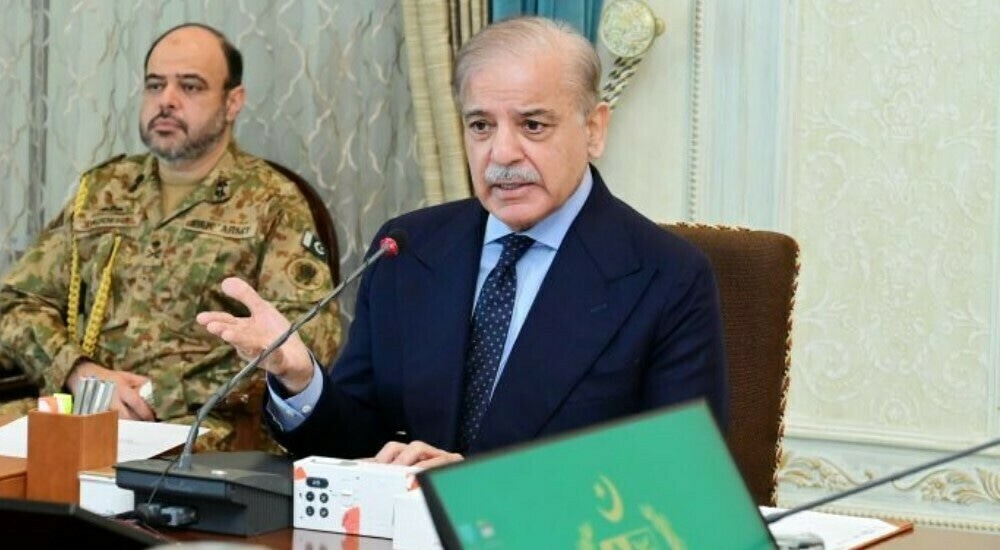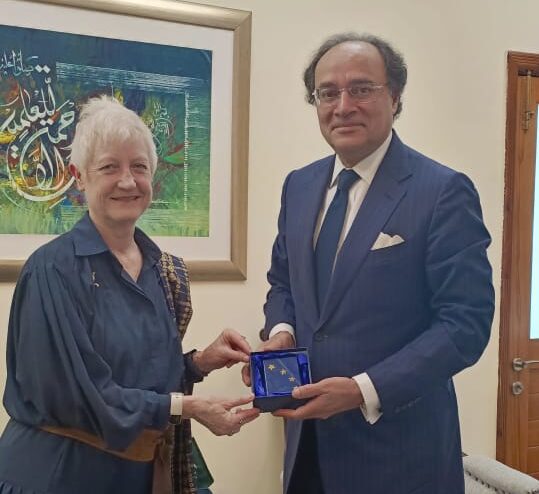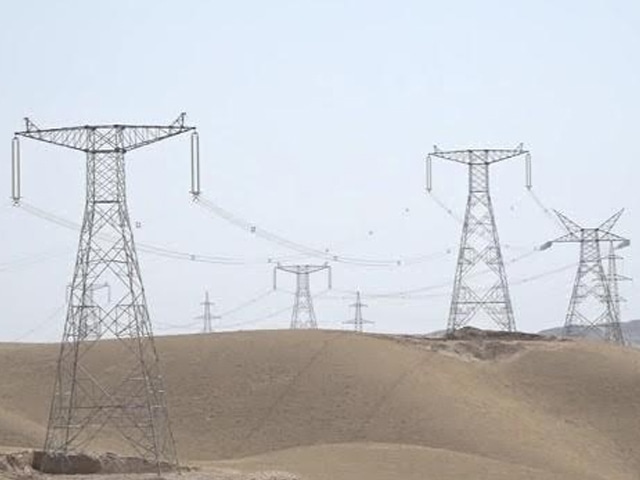PTBP Web Desk
Prime Minister Shehbaz Sharif on Monday welcomed the findings of a new Gallup Pakistan Business Confidence Index report, which revealed that business confidence in the country has surged to its highest level in four years. The development, according to the premier, is a strong indication of growing trust in Pakistan’s economic direction.
According to the Gallup report, the Business Confidence Index score rose to -2 in the second quarter of 2025 — the strongest figure since the last quarter of 2021. While still in the negative range, this marks a remarkable turnaround compared to recent years, showing renewed optimism among traders, industrialists, and investors.
Shehbaz Sharif described the rise in business sentiment as a “welcome sign” and a validation of the government’s ongoing economic reforms. He credited his administration’s economic restructuring and institutional reforms for creating a transparent environment that supports the business community and foreign investment.
The prime minister highlighted several initiatives introduced by the government to facilitate business operations and boost economic activity. Among these is the digitization of the Federal Board of Revenue (FBR), which aims to simplify tax filing, enhance transparency, and curb corruption.
He also pointed to structural reforms in the energy sector designed to address inefficiencies, reduce losses, and ensure a more reliable power supply for industries. Broader institutional changes, including regulatory simplification and better governance, have been introduced to improve the investment climate and ease of doing business.
“These reforms have opened new avenues for business and investment,” the prime minister said. He emphasized that macroeconomic stability is critical to ensuring long-term growth and attracting both domestic and foreign investors.
Sharif noted that the improved business confidence is supported by encouraging macroeconomic trends. International financial institutions have upgraded Pakistan’s credit ratings, acknowledging the government’s fiscal discipline and reform efforts.
He also claimed that corruption levels have decreased, crediting tighter monitoring mechanisms and digital systems that limit human intervention in administrative processes.
The premier underlined the Pakistan Stock Exchange’s (PSX) recent milestone, where the benchmark KSE-100 Index crossed 147,000 points for the first time in history. This, he said, is a reflection of investor confidence and the stability achieved in financial markets.
Sharif commended Finance Minister Muhammad Aurangzeb and the broader economic team for their “relentless efforts” in steering the country towards stability. He said the administration’s consistent policy direction has been vital in restoring market confidence and stimulating economic growth.
The prime minister added that while the benefits of macroeconomic reforms are beginning to reach ordinary citizens, the government will continue working to improve institutional performance. Efforts are also being made to control inflation, reduce unemployment, and create an enabling environment for small and medium enterprises (SMEs).
Sharif reaffirmed the government’s commitment to engaging with the business community through regular consultations. By involving industry leaders in policy discussions, the administration aims to ensure that economic strategies remain relevant, practical, and beneficial to both investors and the public.
He stressed that public-private partnerships will play a vital role in sustaining growth and promoting innovation across sectors, from manufacturing to services.
The Gallup Pakistan Business Confidence Index is widely seen as a key measure of how business leaders perceive the country’s economic environment. A score of -2 represents a major recovery from the deep pessimism recorded in the past few years, signaling that businesses are now more willing to expand operations, hire staff, and invest in new projects.
Analysts believe that sustained reforms, coupled with political stability, will be essential to maintaining this upward trend. If these conditions hold, Pakistan could see a steady increase in foreign direct investment (FDI) and domestic industrial activity in the coming years.




